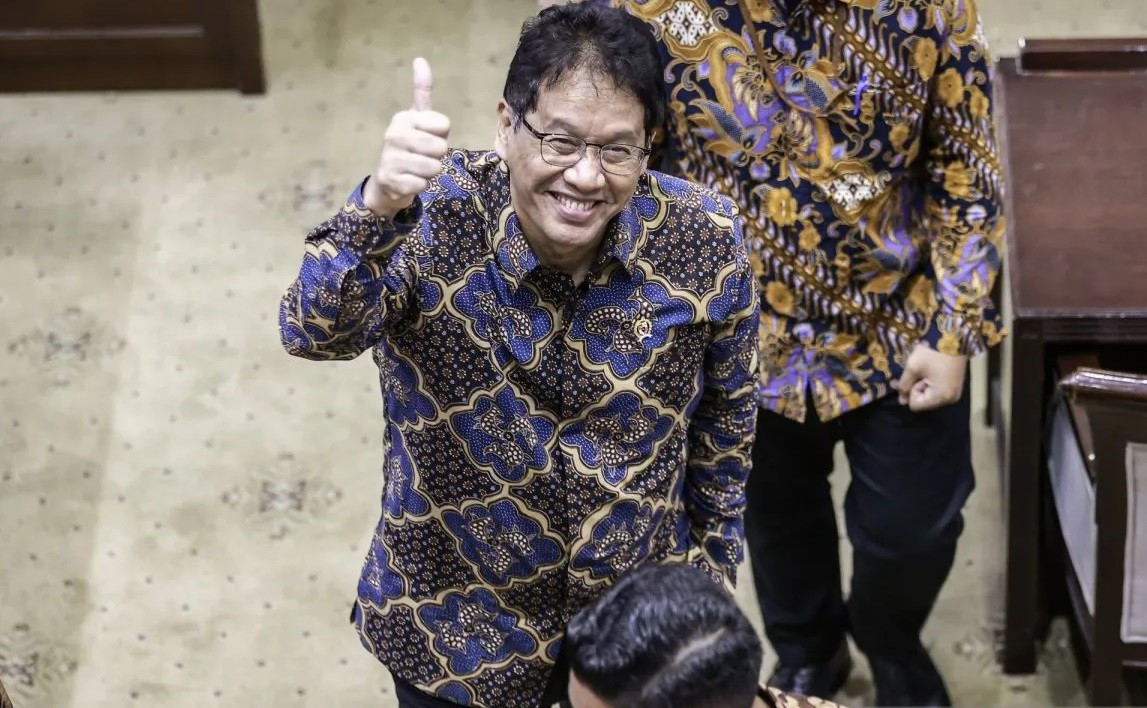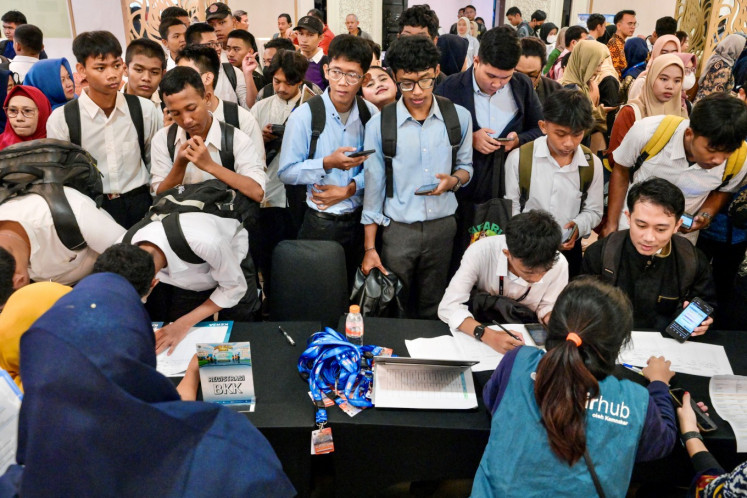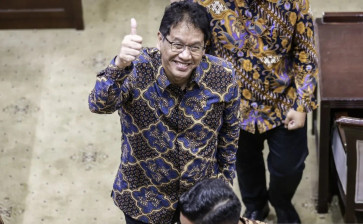Popular Reads
Top Results
Can't find what you're looking for?
View all search resultsPopular Reads
Top Results
Can't find what you're looking for?
View all search resultsHow high will Purbaya be allowed to fly?
Purbaya has dismantled several long-untouched practices and proved many observers wrong about the country’s fiscal stability.
Change text size
Gift Premium Articles
to Anyone
R
eplacing a globally respected figure like Sri Mulyani Indrawati seemed nearly impossible. For two decades and three presidents, she was synonymous with Indonesia’s fiscal credibility.
Yet in only two months, her successor, Purbaya Yudhi Sadewa, has not only made people overwritten people's memories of her but also dismantled several long-untouched practices under her leadership and proved many observers wrong about the country’s fiscal stability.
Unlike most of his predecessors, Purbaya has stepped out of the cashier’s booth and into the command room. In just two months, he has asserted fiscal direction, reshaped economic narratives and taken real political risks. He has tightened state spending despite pressure from powerful ministries, questioned opaque defense procurements and renegotiated debt-heavy infrastructure deals. His willingness to confront entrenched power is something Indonesia has not seen in years.
He has traded blows with the old guard, particularly Luhut Pandjaitan, by refusing to use state money to cover the debt of the Whoosh high-speed train and rejecting proposals for further tax holidays for the wealthy. He publicly questioned Energy Minister Bahlil Lahadalia over 3-kilogram LPG canister subsidies, hinting at possible misuse of funds, and reprimanded Pertamina for failing to build new refineries, which has forced the nation to keep importing oil despite its vast resources.
Purbaya’s early months also produced bold structural measures. In September, he ordered the transfer of Rp 200 trillion (about US$12 billion) of idle government deposits from Bank Indonesia to state-owned commercial banks, with a mandate to lend directly to the real economy instead of buying bonds. The plan sought to unclog a “dry” credit system and revive lending for small businesses.
This move must be read against worrying fiscal data. Idle government balances at Bank Indonesia had ballooned to about Rp 430 trillion, while the 2025 budget deficit widened to roughly 1.56 percent of GDP and revenue collection weakened.
In another decisive break with precedent, Purbaya refused to let the national budget service the Jakarta-Bandung high-speed rail debt, insisting that it be borne by the state asset fund Danantara Indonesia, not taxpayers.



















